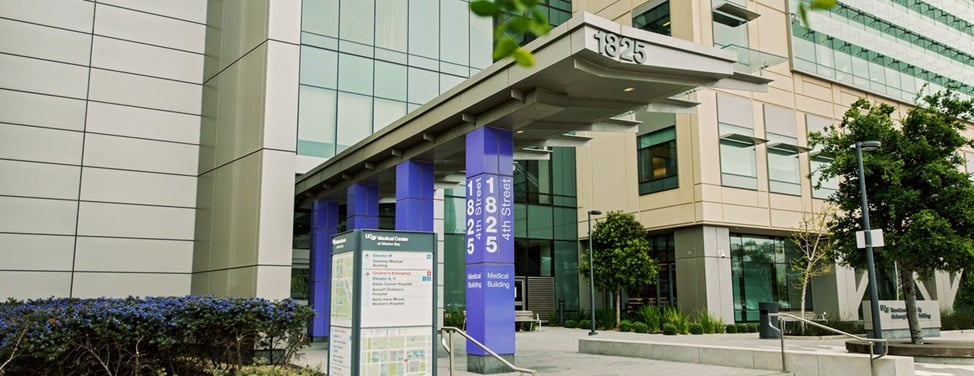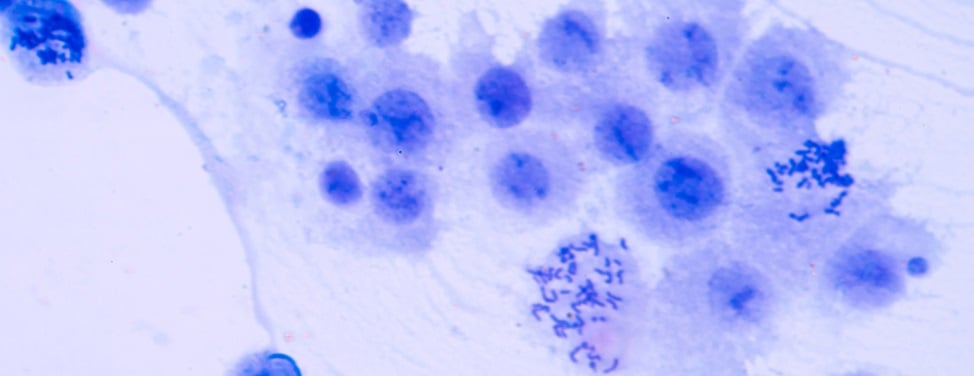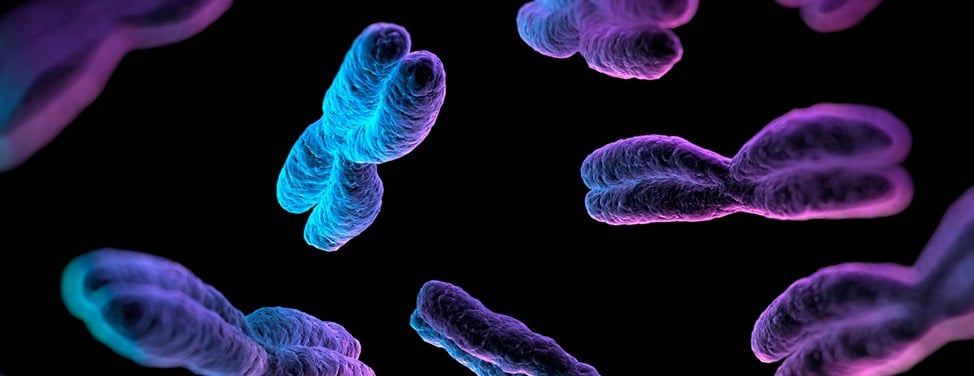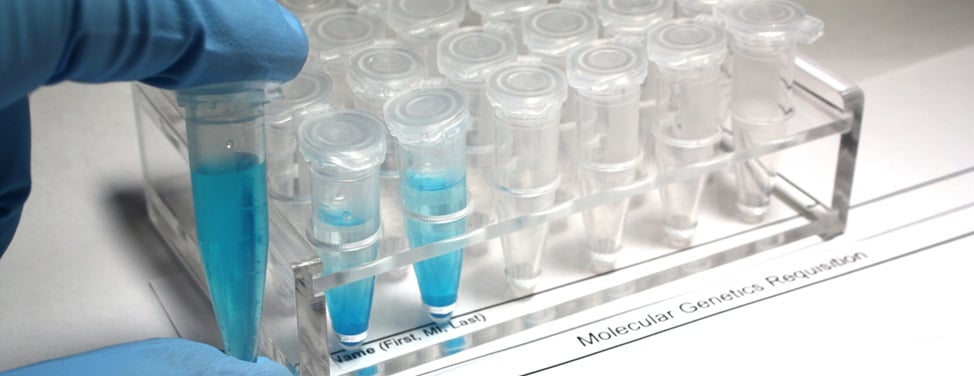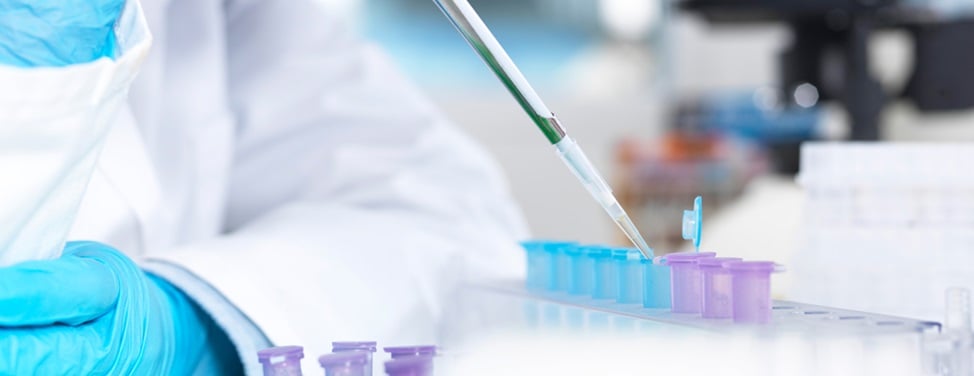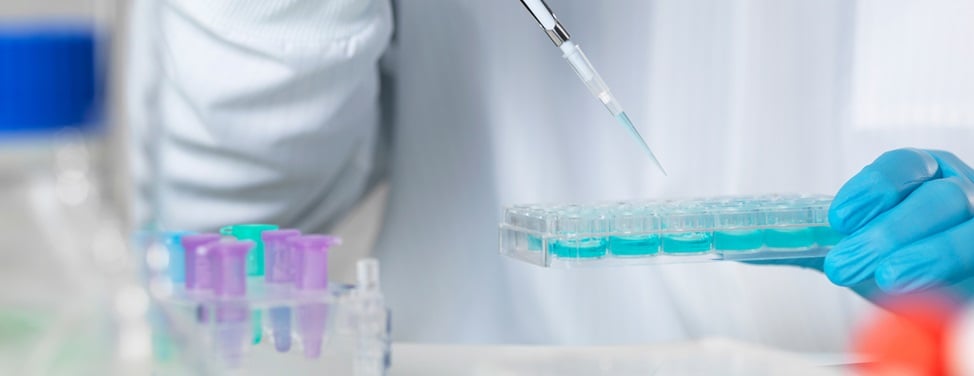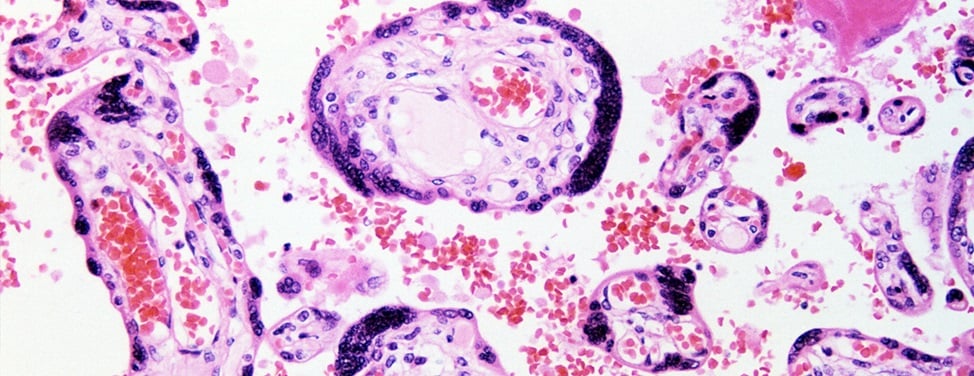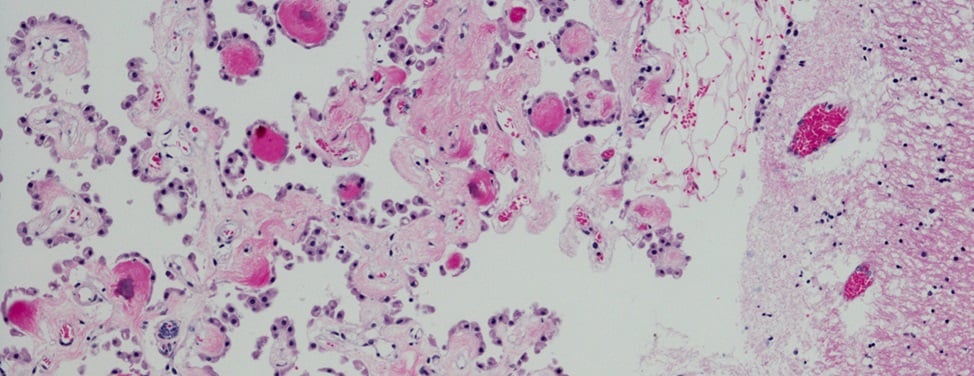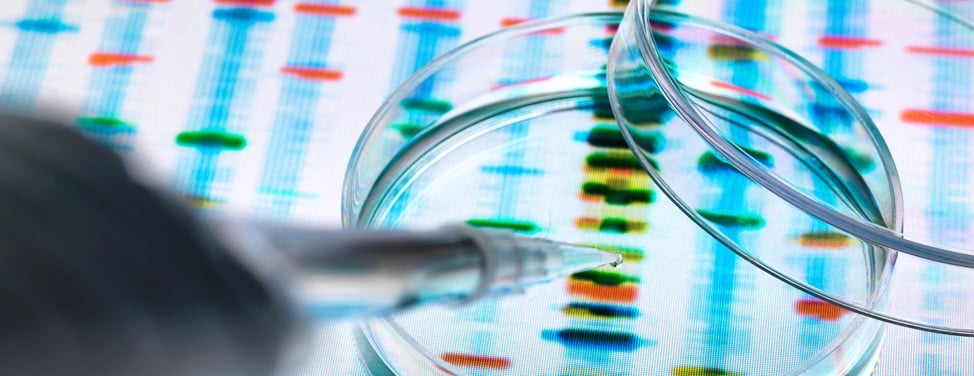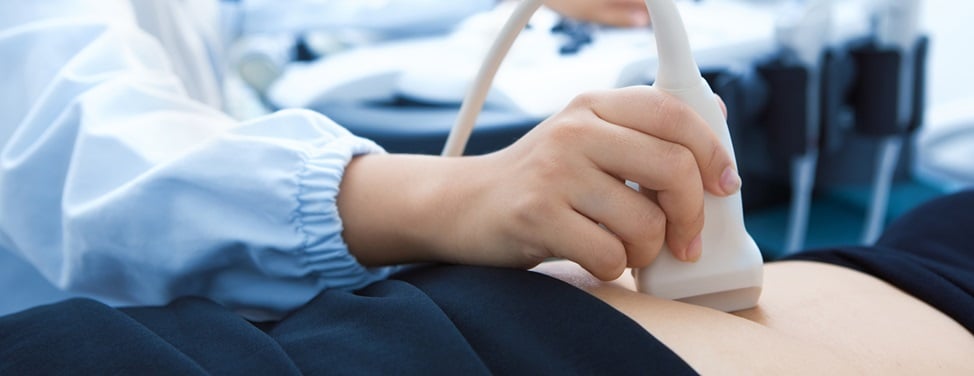- What is spinal muscular atrophy?
- Is there treatment for spinal muscular atrophy?
- How is spinal muscular atrophy inherited?
- Who should consider carrier testing for spinal muscular atrophy?
- How do I know if I am a carrier for spinal muscular atrophy?
- What does it mean if I am a carrier for spinal muscular atrophy?
- Is prenatal testing available for spinal muscular atrophy?

FAQ: Carrier Testing for Spinal Muscular Atrophy
What is spinal muscular atrophy?
Spinal muscular atrophy (SMA) is a genetic disease that results in progressive muscle weakness and paralysis. The condition occurs in 1 in 10,000 live births and affects both males and females.
There are three types of SMA. The most severe type is usually diagnosed within the first few months of life. Affected children have severe muscle weakness and typically do not survive past the age of 2.
The other two types of SMA, which are less common than the severe type, involve a lesser degree of muscle weakness. Most affected individuals need to use wheelchairs or need assistance with walking. Life expectancy for the less severe types ranges from the teenage years to adulthood. Those with the mildest form of SMA are expected to have a normal lifespan.
Is there treatment for spinal muscular atrophy?
There is no cure for SMA. Medical treatments for the milder forms of SMA may help extend the expected lifespan in some cases. The great majority of babies with the most severe form of SMA do not survive past 2 years of age.
How is spinal muscular atrophy inherited?
SMA is a genetic condition. Our genes come in pairs, with one copy inherited from each parent. Some genes have mutations in them, and do not function properly. Someone with one non-functional copy of the gene is a carrier.
Carriers for SMA have no symptoms, but can pass the non-functioning gene on to their children. An individual must inherit two non-functioning SMA genes – one from each parent – to have symptoms of SMA.
If both parents are carriers there is a one in four (25 percent) chance that both will pass on the non-functioning gene, which would result in a pregnancy affected with spinal muscular atrophy.
Who should consider carrier testing for spinal muscular atrophy?
Those who have a family member with SMA or a family member known to be a carrier are at increased risk to be a carrier themselves. Genetic counseling is recommended in these cases to determine the likelihood of having a pregnancy or child affected with SMA.
An individual without a family history of SMA can be a carrier for this condition as well. About 1 in 50 people, regardless of ethnic background, are carriers of the abnormal gene that causes SMA.
How do I know if I am a carrier for spinal muscular atrophy?
Carrier testing is available through a simple blood test. The test can detect the most common mutation that is associated with SMA and will detect approximately 90 percent of carriers. A negative carrier test will greatly reduce the likelihood of having a child affected with this condition.
There are gene changes (mutations) associated with SMA that are not included in the carrier test. In addition, in a small number of cases where a child is found to be affected, only one parent is a carrier. For both of these reasons, a negative carrier test cannot eliminate the possibility of having an affected child.
What does it mean if I am a carrier for spinal muscular atrophy?
If you are found to be a carrier for SMA, your partner should undergo carrier testing as well. If your partner's test is negative, the chance to have an affected child is low. If your partner is also found to be a carrier for SMA, there is a 1 in 4 (25 percent) chance of an affected pregnancy.
If two parents with no family history of SMA are found to be carriers with routine screening, it is not possible to predict whether they are at risk of having children with the severe form of SMA or one of the less severe forms of SMA.
Is prenatal testing available for spinal muscular atrophy?
Yes. If both partners are carriers of SMA, prenatal testing is available. Chorionic villus sampling (CVS) at 10 to 14 weeks or amniocentesis at 16 to 20 weeks can be performed to determine if the fetus has inherited two copies of the SMA gene mutation. If both partners are carriers and you are thinking of becoming pregnant, there are other options available. You can meet with a genetic counselor to discuss these issues.
For more information about spinal muscular atrophy, genetic counseling or to arrange carrier or prenatal testing, contact the UCSF Prenatal Diagnostic Center at (415) 476-4080.
UCSF Health medical specialists have reviewed this information. It is for educational purposes only and is not intended to replace the advice of your doctor or other health care provider. We encourage you to discuss any questions or concerns you may have with your provider.






